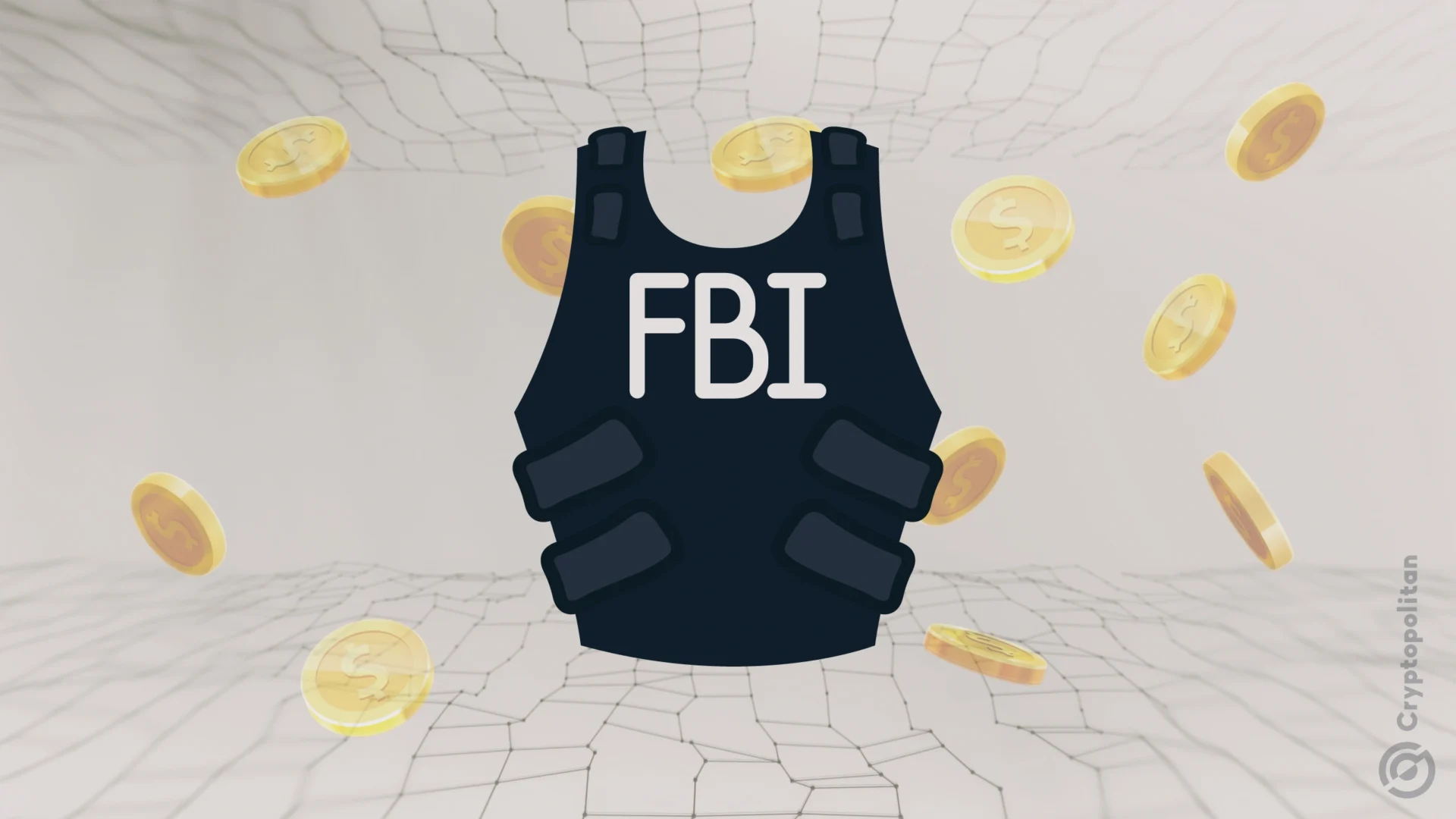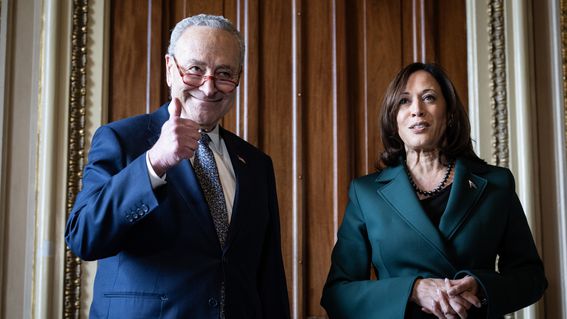A new token named NextFundAI (NEXF) turned out to be a honeypot by the FBI. The token’s goal was to catch market manipulators and possibly tag whale wallets that sniped and sold other hot meme tokens.
The NextFundAI (NEXF) token was launched on October 9, and it turned out to be related to the FBI. The US agency said it took unprecedented measures to track and investigate a network of market manipulators engaged in wash trading and inflated DEX volumes.
The NEXF token was used to link to a market maker that achieved a quick turnover on the SAITAMA token, spending a little over $7,500 to sell tokens valued at $8.85M. The honeypot token also linked the market markers to other meme assets, including RoboInu, VZZn, and Lilian Finance.
The NEXF token itself continues to be bought and sold based on the Bubblemaps visualization. In addition to that activity, NEXF copycats have appeared, to tap on the meme potential of the original FBI token. There are several versions of the token, some of which may also be affected by wash trading and have formed wallet clusters.
The FBI’s main deployer wallet owns around 70% of the token supply. The honeypot token also continues to produce activity clusters despite being uncovered as belonging to the FBI.
The activity itself is not illegal, as the token uses the Uniswap infrastructure for some of the latest trades. However, engaging with the token also reveals the meme market is a matter of quick reactions and possibly bot activity, instead of careful asset selection.
FBI NEXF honeypot trapped prominent market makers
For meme token trading, it is almost a given that market makers would get involved. However, for new or obscure tokens, hired market makers often boost the token’s early activity, creating the illusion of real investor interest.
Market makers will usually take up tokens for a fee but will sometimes inject liquidity into newly launched assets, in the hope of being hired for more activity.
The honeypot token was part of the investigation that ended with the arrest of individuals from four market-maker firms: Gotbit, ZM Quant, CLS Global, and MyTrade. The Boston prosecutor charged the companies and up to 15 individuals with widespread fraud and market manipulation, seizing up to $25M in cryptocurrency related to the case.
The operation against market makers disrupts a fragile equilibrium in the meme market and decentralized trading.
Gotbit and other market makers advertised their liquidity services as part of the legitimate toolbox for launching a token. The market maker became notorious for taking up the YE token as a market maker, only to have the asset crash and wipe out all value just after its launch.
Also, on-chain researcher ZachXBT often mentions Gotbit as a red flag for crypto projects.
The FBI also made a call for investors affected by dishonest wash trading and artificial volume inflation to report. All traders of SAITAMA and other affected tokens have access to a form, which will gauge the personal impact of the fraudulent market practices.
Honeypot operation exposes FBI wallets
The token launch tagged the FBI wallet as a Pool Creator, revealing its connections and history to other wallets. Most of the wallets to create and fund the NEXF token were new, deployed a few weeks ago.
On-chain investigators reached the funder of the creator of the NEXF wallet, which is flagged as a “heavy DEX trader” and contains a list of meme assets and other tokens. The original wallet, now linked to the FBI, was first funded through a MetaMask swap.
The addresses do not contain large amounts of crypto and seem to be funded through a decentralized exchange. However, the crypto community had fun with the discovery. Engagement with the addresses included a transaction of 1 GROYPER token from the vanity address onchaingroyper.eth.
Others found the smart contracts failed to credit the MIT License for some of the open libraries used.
The addresses were also linked to DEX trading and contain other meme tokens. Those tokens and their price action are not under investigation. However, it raises the question of whether the FBI has similar techniques to gain data on the crypto market.





